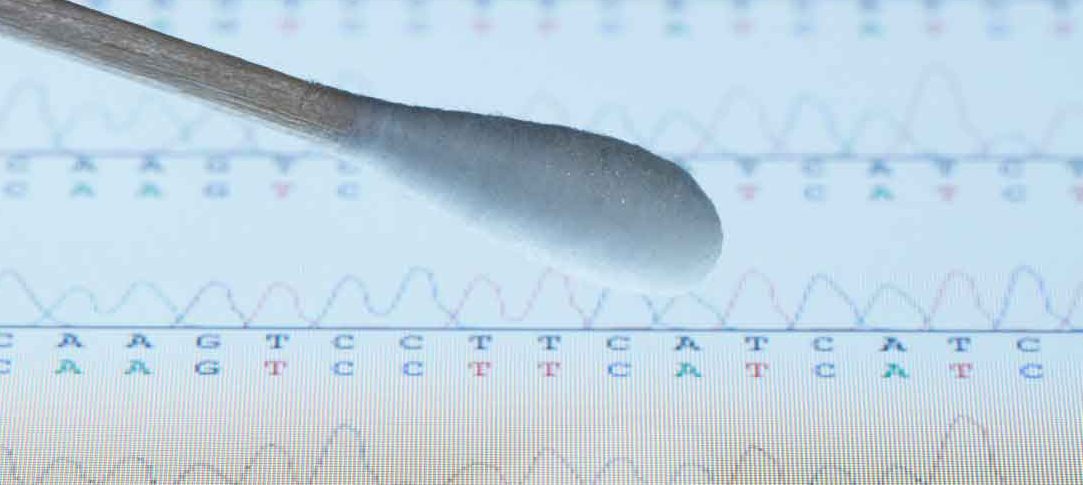Saliva Testing Can Detect and Monitor Disease

Imagine if a routine visit to your dentist could lead to an earlier diagnosis of cancer and save your life. Here’s what you should know.
One day when you spit in a cup at a dentist or primary care office, you might get a call soon after explaining what your saliva said about your overall health.
Every protein, hormone, and molecular component found in your blood is also in saliva, says Paul D. Slowey, PhD, a pioneer in the development of salivary testing platforms and CEO of Oasis Diagnostics.
But saliva has the advantage of being less invasive, easier to collect, safer to handle, and quicker to provide results. It’s ideal for at-home tests and provides an option for the many people afraid of needles.
YOU MIGHT ALSO LIKE: Our Type 2 Diabetes section
Since the early 1990s researchers have discovered a large range of biomarkers, clues in your spit, for such conditions as:
- Cavities
- Gum disease
- HIV
- COVID-19
- Type 2 diabetes
- Arthritis
- Heart disease
- Autoimmune disorders
- Cancers
- Heptatitis C
- Drug use
After the COVID-19 pandemic came to the United States, the Food and Drug Administration (FDA) approved an at-home saliva test. “Salivary diagnostics is a very dynamic field,” says David T. Wong, DMD, DMSc, at the UCLA School of Dentistry.
Technology also has the potential to make saliva samples taken from crime scenes more useful, helping to match them to a suspect.
YOU MIGHT ALSO LIKE: Your Mouth Can Illuminate Your Body’s Health
Dentist researchers are leading the way
Most people, especially women and children, visit their dentists far more often than their doctors, notes researcher Charles Streckfus, DDS, of the University of Texas Dental Branch at Houston. As a result, dental offices could become a gateway for early diagnosis.
Research at Wong’s Los Angeles lab has produced a test for non-small cell lung cancer in saliva. He has been working for years on saliva-based tests for gastric cancer.
“I’m excited our research is advancing toward clinical maturation,” Wong said after receiving a grant from the National Institutes of Health.
Wong’s lab and collaborators first discovered salivary exRNA molecules in 2004 and demonstrated their utility for detecting oral cancer. Since then, the lab has developed biomarkers for salivary gland tumors, Sjögren’s syndrome, an auto-immune disease, and cancers.
If you have periodontal (gum) disease, saliva could reveal molecules connected to your body’s early inflammatory response to the condition.
At-home saliva testing
The most common use of an at-home saliva test is for checking your hormone levels.
“A number of companies have products out there, and they do work, but they haven’t gone through the FDA,” says Daniel Malamud, PhD, a professor at the New York University College of Dentistry, “so, they’re used mostly in research studies or sold over the internet to individuals.”
For example, you can test your estradiol, testosterone, progesterone, DHEA-S, and morning cortisol and mail it in for testing. You can get results within 10 days from Walk-In-Lab. The most comprehensive hormone panel for women from Everlywell also includes tests of your thyroid function.
The results can help guide you and your health team to consider next steps to improve your health.
Updated:
March 20, 2023
Reviewed By:
Janet O'Dell, RN